Introduction to Jectophen 1.0gm Injection
The Jectophen 1.0gm injection contains chloramphenicol sodium succinate as its active ingredient, a broad-spectrum antibacterial. This medication is used to treat severe systemic bacterial infections such as typhoid, meningitis, and others, particularly when previous antibiotic treatments have failed, oral administration is not an option, or a high concentration of the drug is needed in the bloodstream.
You should not use this medication if you are allergic to chloramphenicol. Additionally, if you are pregnant or breastfeeding, consult your doctor before taking this medicine. It is also crucial to inform your healthcare provider if you have a history of kidney or liver disease, are on medications that may cause bone marrow suppression, or are suffering from a cold, viral influenza, or throat infection. If you have recently received a vaccination or have one scheduled, let your doctor know.
Uses of Jectophen 1.0gm Injection
- Serious bacterial infections
Therapeutic Effects of Jectophen 1.0gm Injection
Jectophen 1.0gm injection works by inhibiting bacterial protein synthesis by disrupting the transfer of activated amino acids from soluble RNA to ribosomes. This interference prevents bacterial growth and multiplication, resulting in a bacteriostatic effect.
Interaction of Jectophen 1.0gm Injection with other drugs
Inform your doctor about any prescribed medications, over-the-counter medicines, nutritional or vitamin supplements, and herbal products you take or have taken before the treatment. Certain medications may interact with jectophen 1.0gm injection and can cause undesirable side effects.
More Information about Jectophen 1.0gm Injection
- Store jectophen 1.0gm injection below 25°C.
- Protect from light.
- Keep out of reach of children.
How to consume Jectophen 1.0gm Injection
This medicine is given only in a hospital setup by a healthcare provider. It is infused directly into your veins by your healthcare provider. Your physician will decide the dosage and frequency of this injection based on the severity of your disease and other factors.
Safety Advices

Pregnancy
Jectophen 1.0gm injection passes the placental barrier and can cause potentially toxic effects (grey baby syndrome) to the fetus. Hence, do not take this medication if you are pregnant, planning to get pregnant, or think you may get pregnant. Consult your doctor for more advice.

Breast Feeding
Due to the risk of developing grey baby syndrome, it is not recommended to take jectophen 1.0gm injections if you are breastfeeding. Seek a doctor’s help for more advice.
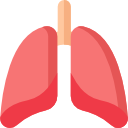
Lungs
It is unknown whether jectophen 1.0gm injection is safe for persons suffering from lung disease. Inform your doctor if you have any lung disease before starting the treatment.

Liver
Jectophen 1.0gm injection can affect the proper functioning of the liver, especially in neonates and children, due to the increased toxicity of the drug in the liver. Before receiving this medication, inform your doctor if you or your child has liver disease.

Alcohol
The safety of consuming alcohol while undergoing treatment with a jectophen 1.0gm injection remains unknown. We suggest consulting your healthcare provider for further guidance.

Driving
Some of the side effects of jectophen 1.0gm can affect your ability to drive. Do not drive or use heavy machines if you feel lightheaded. Consult your healthcare provider for more advice.
Side Effects
Side effects are unwanted symptoms caused by medicines. Even though all medicines cause side effects, not everyone gets them.
Serious
- Severe allergic reactions such as redness and itching
- Grey baby syndrome (marked by a swollen belly, a sudden drop in blood pressure, and a pale grayish color of the skin)
- White blood cell counts can also drop, increasing the chance of infections and fever
- Anemia (a low red blood cell count) leaves you tired and lethargic.
Common
- Thrombocytopenia (decrease in platelets)
- Dry mouth, Nausea, and vomiting
- Headache and Depression
- Numbness, tingling, pain or muscle weakness
- Blurring, inflammation, or temporary loss of vision
- Immune suppression and development of infections
Word of Advice
During the treatment, your doctor may go for frequent blood tests to check the proper liver and kidney functioning and measure your blood count, as jectophen 1.0gm injection can damage your blood cells, causing bone marrow suppression. Hence, you will be hospitalized until you recover.
There is a risk of over-growth of non-susceptible organisms, which can lead to severe diarrhea up to a few months after this medicine is given to you. Inform your doctor if you face any side effects during or after the treatment. You must not take this medication as prophylaxis to prevent bacterial infections such as colds, influenza, or throat infections. This medication is for in-hospital use only provided by your doctor. Always inform your doctor if you have any concerns before taking this medication.
FAQs
Q 1. Is jectophen 1.0gm injection indicated for children?
Jectophen 1.0gm injection is administered to children only when other antibiotic treatments have proven ineffective. Your doctor will prescribe it after carefully evaluating the benefits versus the risks for the child.
Q 2. What is the most common side effect of Jectophen 1.0gm injection in children?
Gray baby syndrome, a life-threatening condition, is a significant concern. This risk emerges from the drug’s heightened toxicity, making it challenging for the liver to metabolize and eliminate the medicine in premature infants.
Q 3. What diet should I follow during the treatment with jectophen 1.0gm infection?
Take a plant-based diet to boost your immunity. Avoid sugary foods, smoking, and alcohol to resume a healthy lifestyle.
Fact Box
Molecule Name: Chloramphenicol sodium succinate
Pharmacological class: Broad-spectrum antibacterials
Therapeutic class: Bacteriostatic agents
Indications: Serious bacterial infections

 MEDICINES
MEDICINES PATIENT ASSISTANCE PROGRAMS
PATIENT ASSISTANCE PROGRAMS IMPORTED MEDICINES
IMPORTED MEDICINES CONTACT US
CONTACT US Upload
Upload




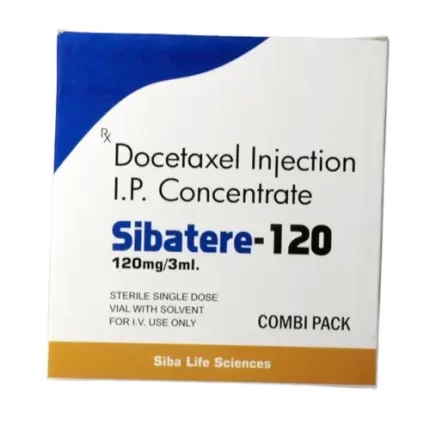
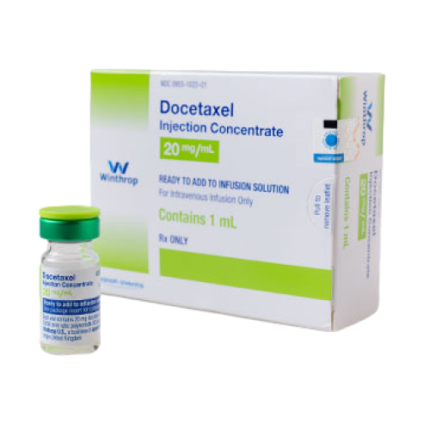
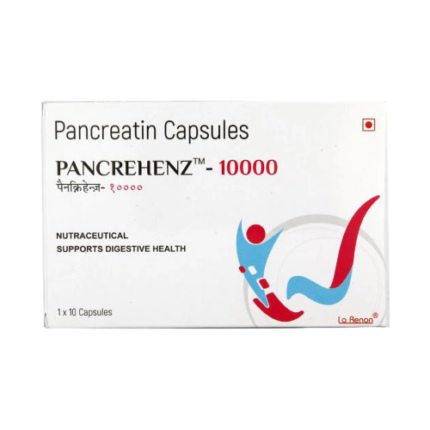
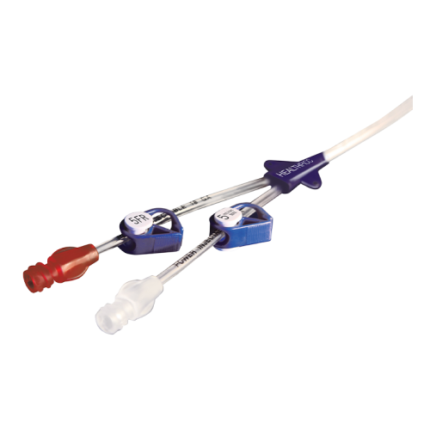
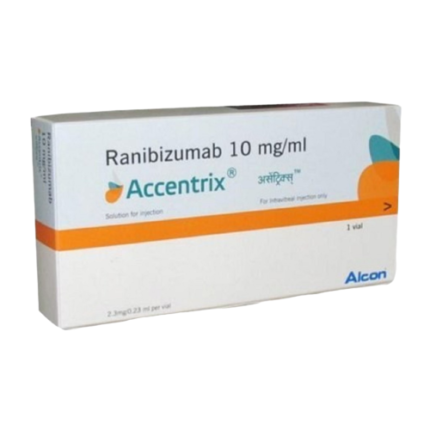


Reviews
There are no reviews yet.